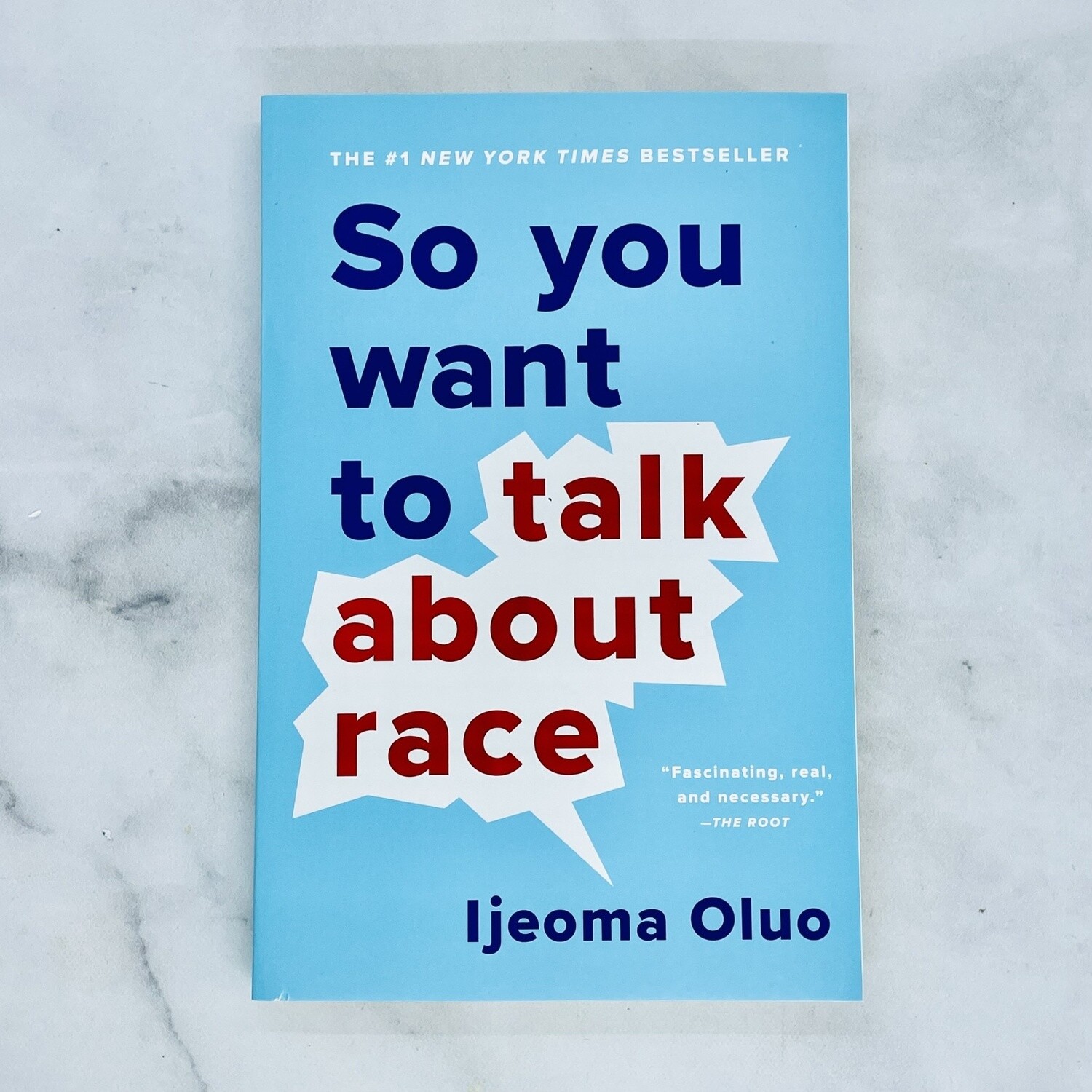So You Want to Talk About Race
It is no secret that racial tensions in the United States are high due to a variety of factors both historical and modern. A significant portion of recent mass shooters have committed their violent acts in part due to racist beliefs, for example, and a number of policies are created to affect people of certain races disproportionately. The scope of racism goes much further than these obvious offenses, though. Oluo breaks down this idea succinctly for those new to this concept.
While many people might have the idea that racism consists of one person being obviously prejudiced against another, Oluo turns that idea on its head. Instead, she underscores that our society is built on a systemic type of racism—one that leads to complicity in a racist system regardless of whether or not you want to be. Systemic racism has its hands in education, government, policing, incarceration, housing, and so on and so forth. It has an impact everywhere. So, this leads to plenty of well-meaning people perpetuating harmful ideas and actions every day, often without realizing it. So, conversations about race become a dynamic struggle between people of varying experiences, degrees of racial knowledge, opinions, and more.
Sounds tricky to navigate, huh? You have no idea. But thankfully, Oluo addresses everyone in the equation. There are sections of the book for white people who are eager to understand race and work toward bettering the national conversation, and sections for people of color who might feel frustrated and misunderstood. This way, everyone is working toward a more productive discourse that results in change and new ideas.
So You Want to Talk About Race is a crucial read, especially for our moment in time. It may seem sometimes that racist events happening at the national level (anti-immigrant abuses, police brutality, and so on) are out of our control. But we can start making a change at the most intimate level—person to person. Because how are we going to change the system if we can’t even talk to each other about one of the fundamental issues facing us today?
What also makes Ijeoma Oluo’s work necessary is how accessible it is. There are many fantastic resources in the same line of thinking as So You Want to Talk About Race, but many of them forget that not everyone has been to college or can read academic texts. Not everyone was exposed to Malcolm X‘s teachings or James Baldwin’s. While some books aim for the reader who is already somewhat familiar with the complexity of race in the United States, this book starts at ground zero. It levels the playing field so that everyone can jump in and start bettering themselves. No one will feel discouraged by what the author assumes you already know—and no one must be discouraged from educating themselves. Thankfully, So You Want To Talk About Race also provides examples of further reading for those looking to keep discovering and learning more.

